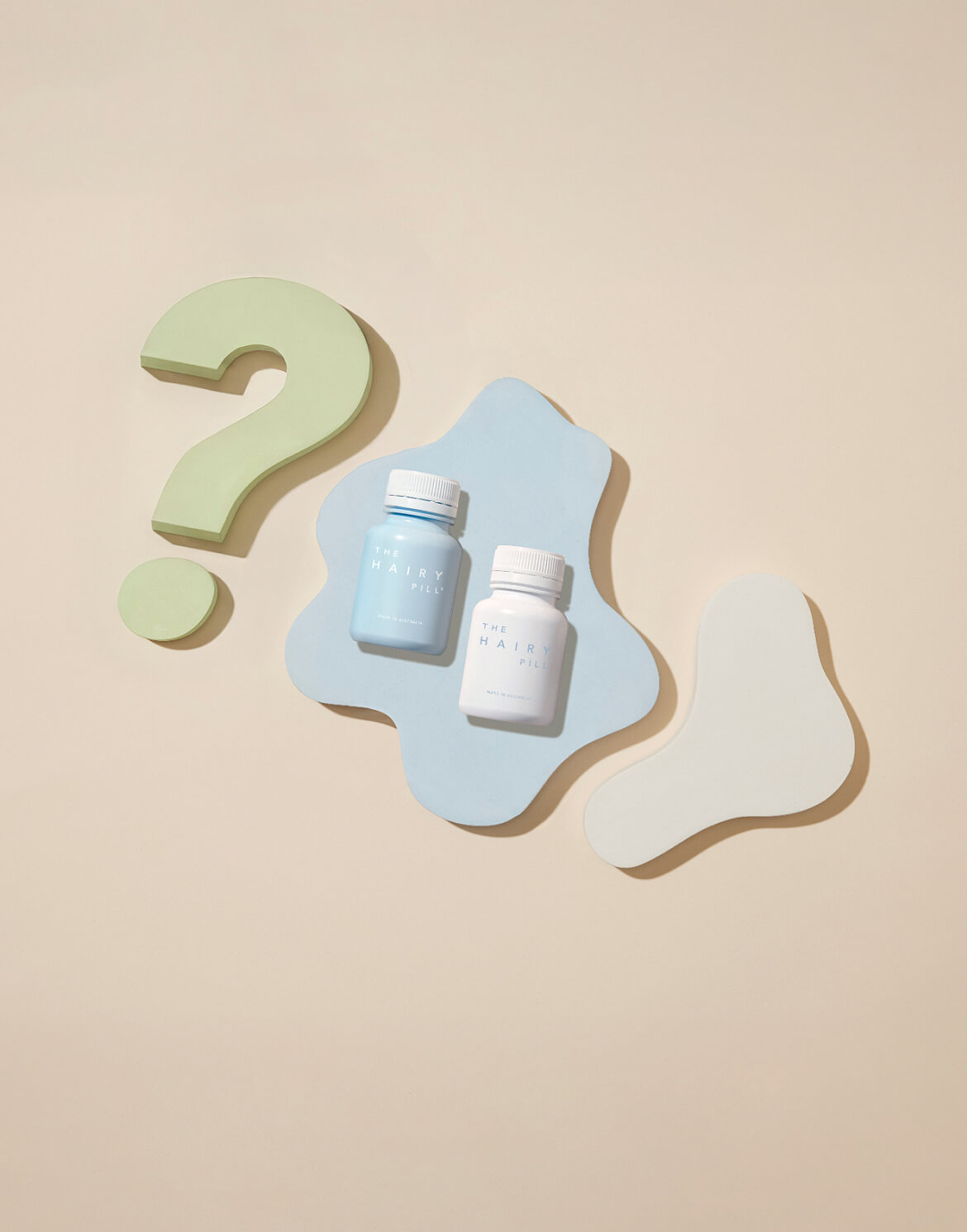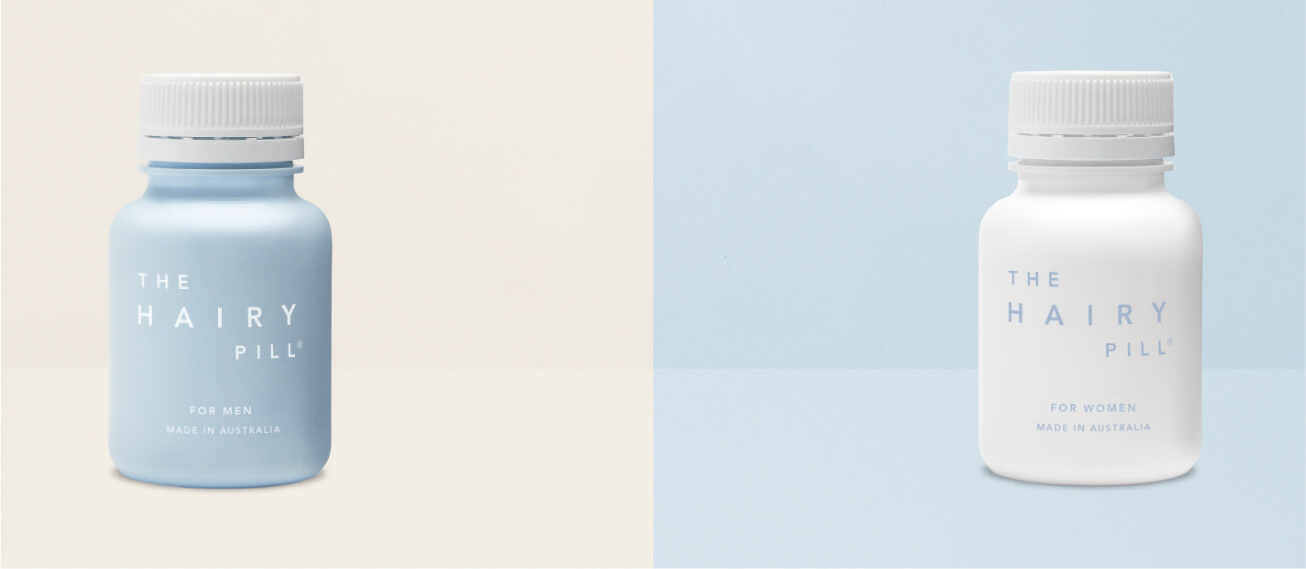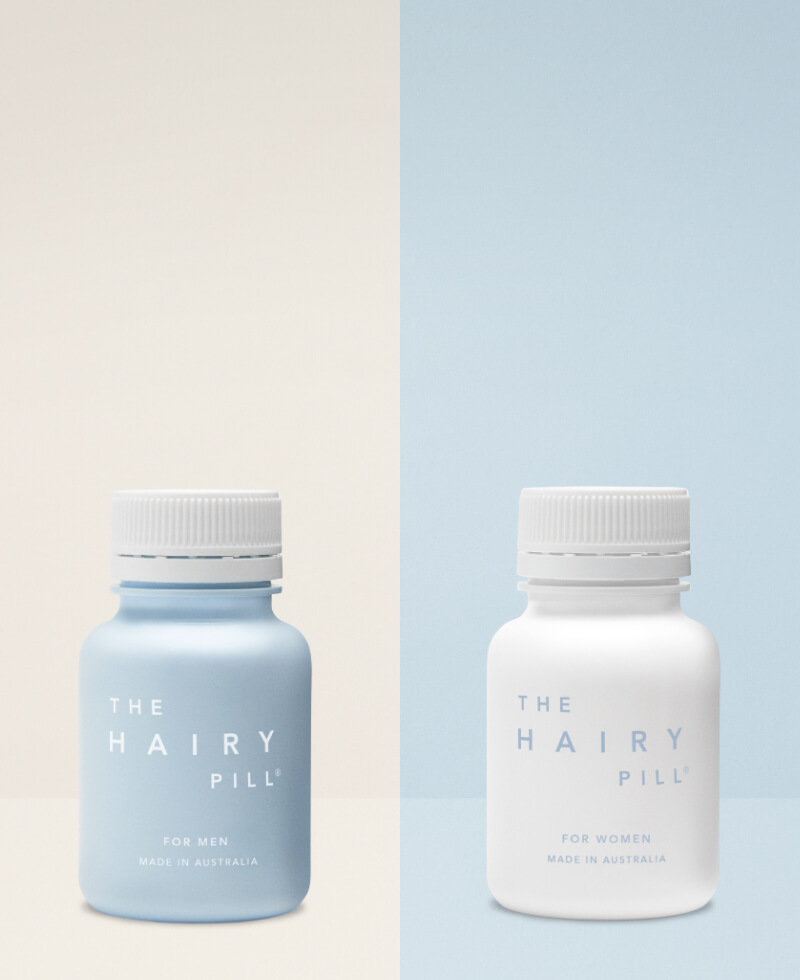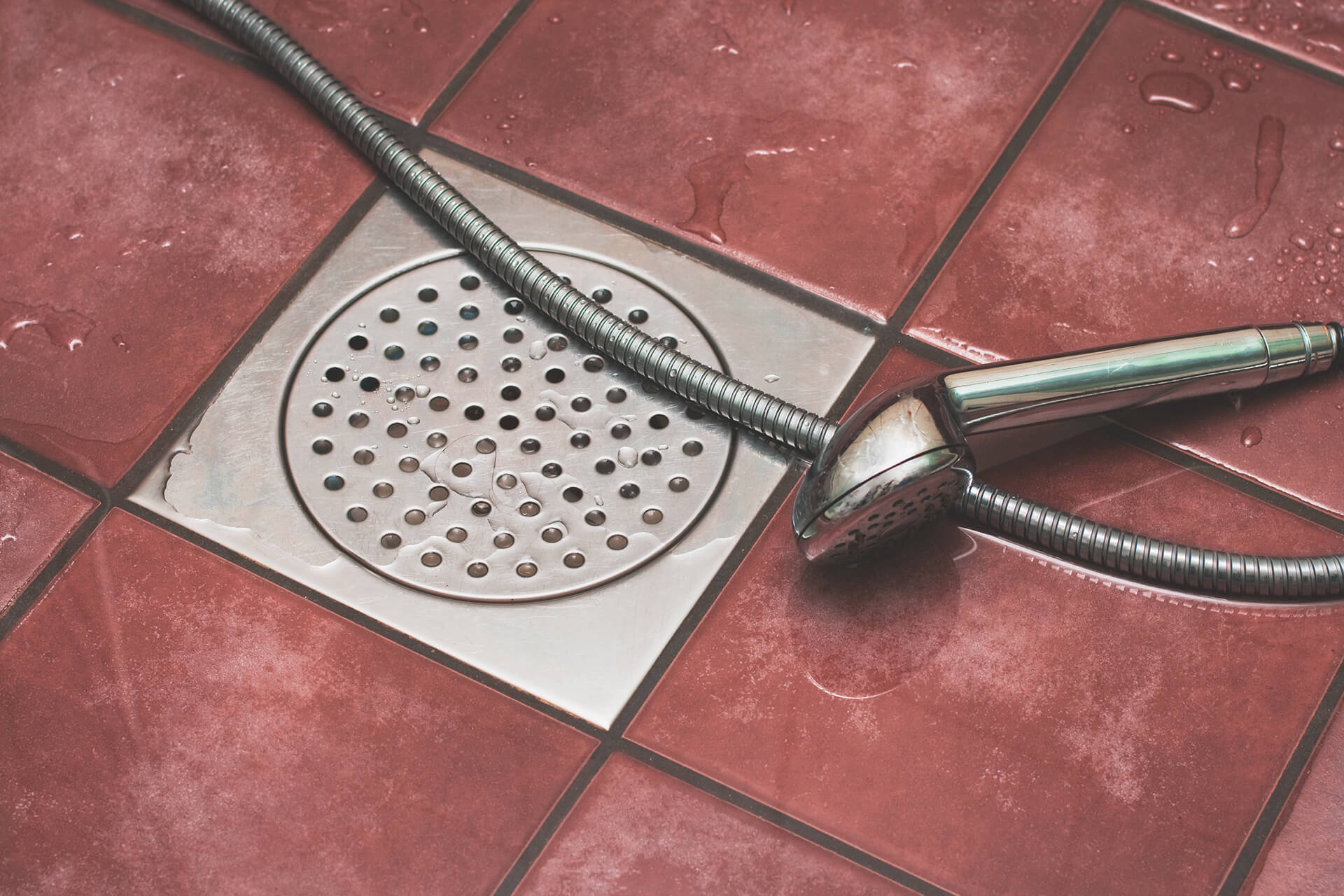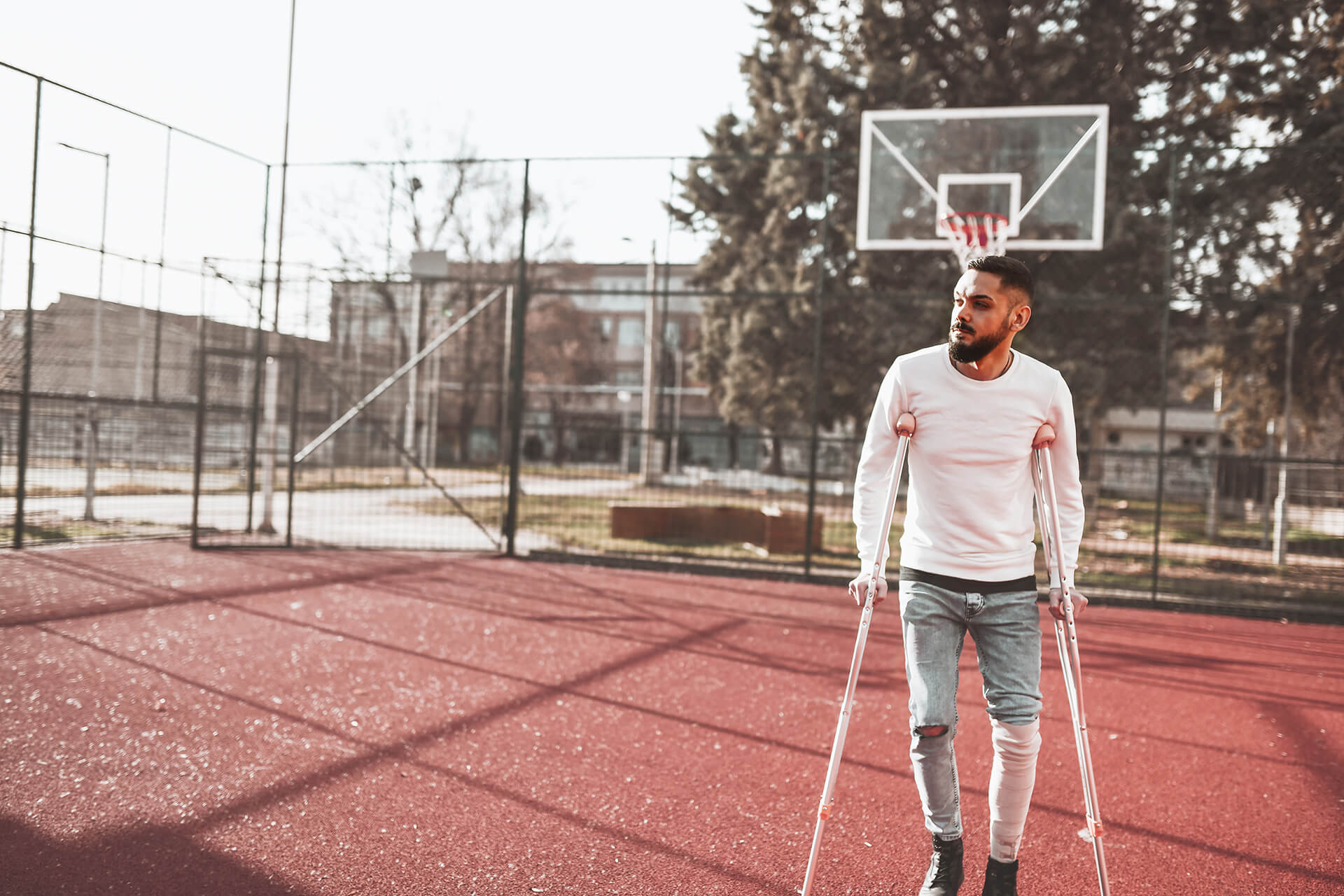Malnutrition happens when your body doesn’t get the nutrients and energy it needs to thrive.
Maybe you’re not eating enough. Or you might have an illness that’s preventing your body from absorbing nutrients.
Whatever the case, it can be hard for the body to function normally without those essential vitamins and minerals.
If you have malnutrition, you may notice some symptoms, including weight loss, fatigue, weakness, poor concentration — even hair loss.
In this article, we’ll take a look at how malnutrition can cause hair loss, the nutritional deficiencies that play a role in hair loss, and how you may be able to treat hair loss from malnutrition.
What Causes Malnutrition?
But first, let’s take a look at malnutrition itself. If you’re hoping to reverse hair loss caused by malnutrition, you’ll need to understand what’s causing malnutrition so you can tackle the root of the problem.
Here are just a few causes of malnutrition:
- Restrictive diets like keto
- Sudden weight loss
- Eating disorders
- Famine
- Poor diets
- Malabsorption issues from conditions like inflammatory bowel disease
Discover if The Hairy Pill® is right for you.
Take our short hair health quiz and we will work out if The Hairy Pill® can help you and your hair.
Take the quizHow Can Malnutrition Cause Hair Loss?
Hair loss can happen for a whole range of reasons. It’s most often a combination of genetics and age.
But sometimes you can get hair loss from other causes, such as pregnancy, medication, severe stress, or — you guessed it — malnutrition.
What is it about malnutrition that causes hair loss?
It’s all in the name. Malnutrition can lead to bad nutrition. Basically, your body runs low on a whole load of nutrients it needs to survive.
The lack of essential nutrients, combined with weight loss, can disrupt important bodily systems. One of those is the hair growth cycle.
Here are some of the essential elements that are impacted:
Protein
Malnutrition depletes your stores of protein fast. Once your body registers that it’s got a limited supply of these important polypeptides, it gets pretty possessive of them. And it starts to be stingy when it comes to distributing the protein.
Usually, the body’s vital organs get the protein they need first. If there’s any protein left over, it goes to the hair follicles. But they’re probably not going to get the amount of protein they need to thrive — especially considering your hair is mostly made of protein.
Research has found fairly strong links between malnutrition, protein deficiency, and hair loss. For example, studies of patients with protein energy malnutrition (PEM) have found important differences in their hair bulbs which may lead to hair thinning or hair loss.
Calories
When you’re not eating enough, your body doesn’t get its fill of calories. A calorie deficiency can hit hair follicles hard.
Here’s why:
Hair follicles have a high turnover rate of cells — new cells replace old ones pretty quickly. That means they need a lot of energy, which they get through a constant supply of calories.
Without that supply, your follicles can’t work properly, which can result in hair loss.
Researchers believe reducing your caloric intake severely (as you might do with crash dieting) is enough to shock your body and cause telogen effluvium, a type of hair loss that happens when your body experiences extreme stress.
Learn all you need to know about stress hair loss with our guide to telogen effluvium.
Vitamins and Minerals
Malnutrition can lead to a range of nutritional deficiencies that may impact our hair follicles, which rely on a host of vitamins and minerals to grow and maintain healthy hair.
For example, you need iron and biotin to produce the red blood cells (haemoglobin) that transport oxygen and vitamins to the hair follicles. Zinc nurtures hair follicle stem cells and regulates the hormones that impact hair growth.
Meanwhile, vitamins E and C have antioxidant properties, which means they help protect hair follicles from oxidative stress. Vitamin D is anti-inflammatory and vitamin A is believed to regulate hair follicle stem cells.
Learn more with our comprehensive guide to vitamins for healthy hair.
Fatty Acids
Fatty acids omega-6 and omega-3 are believed to have a role in your hair’s health, shine, feel, and strength.
Researchers think that fatty acids may play the same role as finasteride in hair loss —
That is, they may inhibit the production of 5-alpha-reductase, the enzyme that makes dihydrotestosterone, the hormone linked to hair loss.
Essential fatty acid deficiency (EFAD) and protein malnutrition may be linked. And as with protein malnutrition, if you don’t get enough of these fatty acids, your hair colour may begin to lighten or you may start to lose hair.
Ready to start your hair growth journey?
- Free express shipping
- Unlimited doctor consultations
- Simple once a day treatment
How to Reverse Hair Loss from Malnutrition
There are ways to treat hair loss. However, if your hair loss is a result of malnutrition, it’s important to get to the root of the problem.
We recommend speaking with a doctor if you’re concerned about hair loss from malnutrition — especially if you’re experiencing other common symptoms of malnutrition, such as unintentional weight loss, fatigue, or weakness.
Your doctor will be able to perform a complete examination and undertake a blood test to see if you have any nutritional deficiencies before recommending a course of action.
Here are some ways the doctor may recommend you reverse your hair loss:
Eat a nutrient-rich diet
When you restrict your caloric intake, the impact can be enough for your body to shut down non-essential functions like hair growth (you can read more about that in our guide to keto hair loss).
One of the best ways to reverse malnutrition is to eat a balanced diet rich in nutrients.
A doctor or nutritionist may be able to provide further guidance on the diet your body needs to get you back on track but it usually involves nutrient-dense foods rich in protein, along with plenty of healthy fats, fruits and vegetables.
Learn about the best foods for healthy hair.
Take supplements to target a specific deficiency
If you’re experiencing a nutritional deficiency as a result of malnutrition, your doctor or nutritionist may recommend taking the appropriate supplement to help your body along and stimulate your hair follicles.
Professional advice is important here —
Not all supplements are scientifically proven to help hair grow, especially those that are bought off the shelf in your supermarket’s health foods aisle. A doctor will be able to guide you based on what your body needs.
Compare hair growth supplements with hair loss medication.
Undertake therapy
If you have an eating disorder that has led to malnutrition, your doctor may recommend therapy. A therapist or psychologist may be able to provide you with techniques to help you overcome your disorder.
Treat any underlying medical condition
Malnutrition is often an unpleasant by-product of an underlying condition. Some medical conditions, such as thyroid disorders or autoimmune diseases, can make it hard for your body to absorb nutrients.
Getting a diagnosis may be the first step in helping you reverse your malnutrition — and any hair loss that comes with it.
Talk to a doctor about hair loss therapy
So far, we’ve listed treatments that get to the root cause of your hair loss: malnutrition.
Once your body starts receiving all the nutrients it needs, the hair loss you got from malnutrition may be reversed.
But it takes time.
Give it 3–6 months, minimum.
If you don’t notice any improvement, there are hair loss therapies that will give your follicles a nudge in the right direction.
These include popular treatments, such as finasteride and minoxidil.
The Hairy Pill® partners with doctors who are specialists in hair loss and can find the right, personalised hair loss therapy for you, including hair loss treatments for men and for women that are proven to work.




